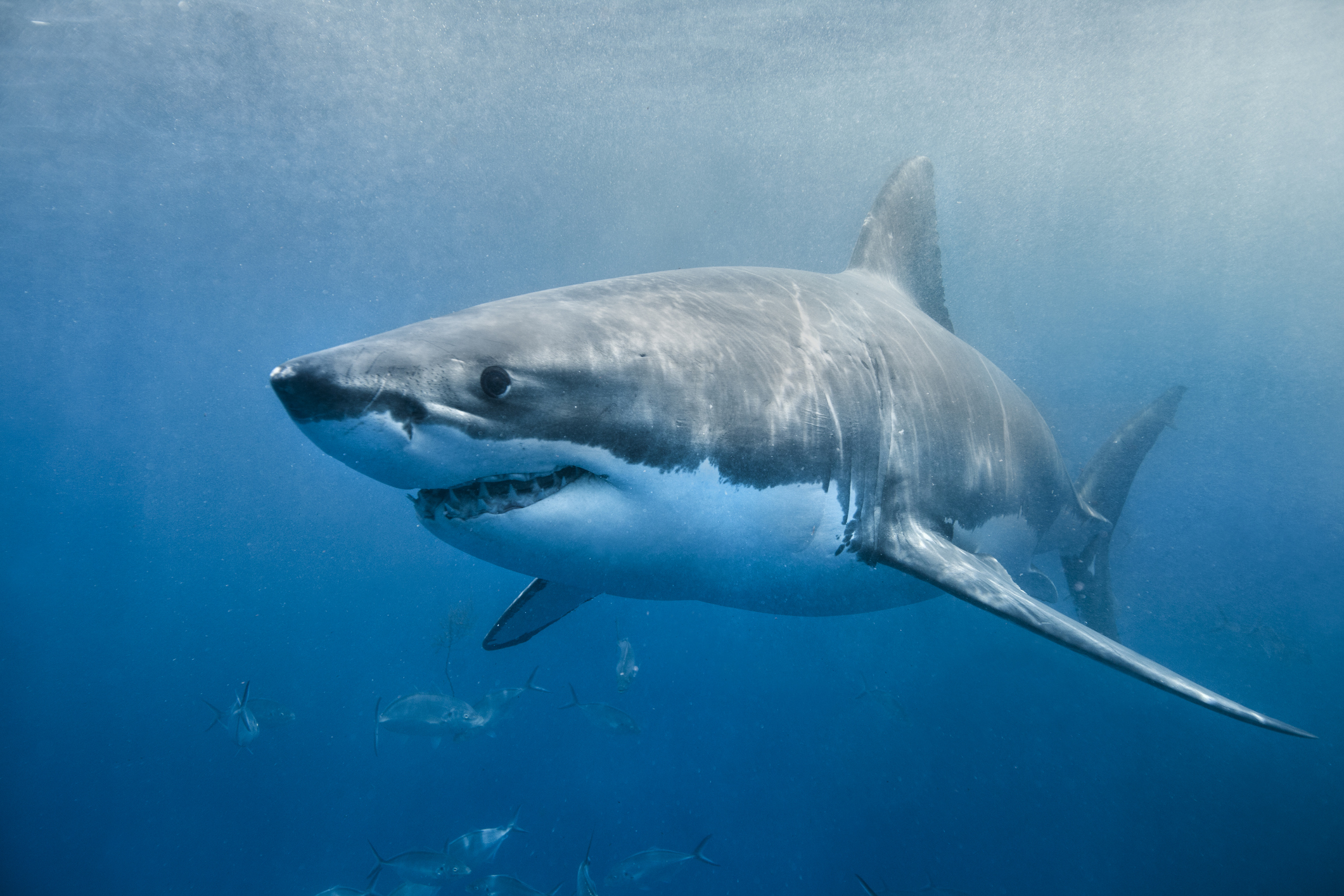Massachusetts' most notorious predator is key to a healthy ocean ecosystem, according to a researcher who just wrapped up 20 years of studying great white sharks in South Africa.
"Having top predators like great whites that help keep the balance," said Neil Hammerschlag, the executive director of the Shark Research Foundation.
Stream NBC10 Boston news for free, 24/7, wherever you are.
The Nova Scotia-based scientist is part of a team documenting what became the decline and eventual disappearance of great white sharks in False Bay, South Africa. The last sighting was in 2018.
"This was where great whites were breaching out of the water," he said. "It was famous."
Get updates on what's happening in Boston to your inbox with our News Headlines newsletter.
Those waters have now taken over by seals and sevengill sharks, disrupting the food chain.
"As a result, we then saw the things that the seals and the sevengill sharks like to eat, sightings of those species declined in our underwater surveys," said Hammerschlag.
He blames the loss of the apex predator in South Africa on a number of factors, including netting to keep sharks off of beaches.
"There is a source of mortality that might be cumulative from human impacts," he said.
Along the Massachusetts coast, the species is healthy, with sightings not uncommon. Last September, young white sharks were in shallow waters off Crane Beach in Ipswich. The water was off limits for a time.
It can be a scary situation, but Hammerschlag, who works with researchers at Cape Cod's Atlantic White Shark Conservancy, said it's a sign of a healthy ocean.
"I think that we are getting closer to what the historical numbers of great whites were," he said. "Nature figures itself out. If you leave it alone, it figures itself out."




